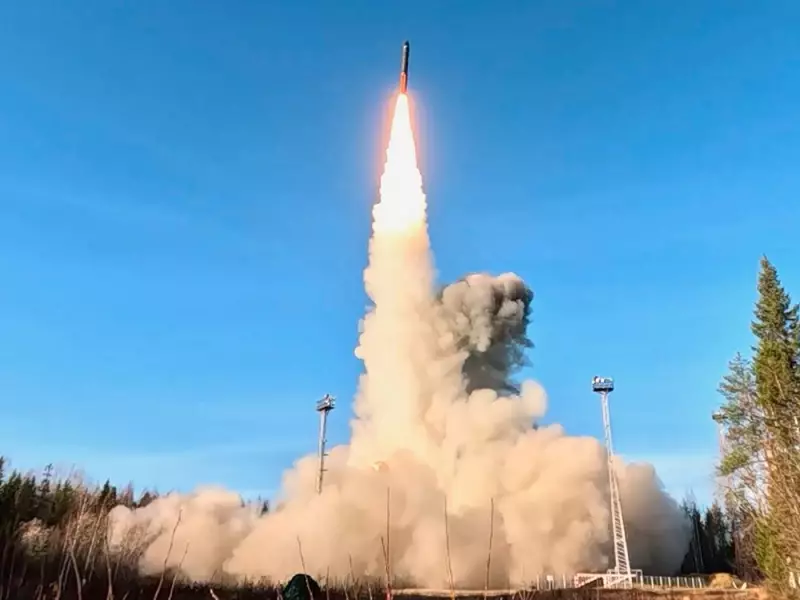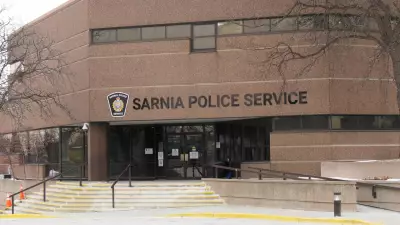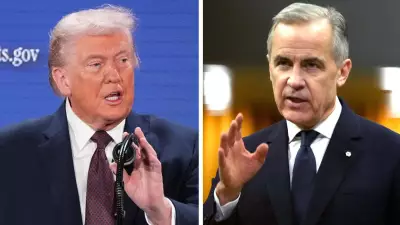
In a move aimed at de-escalating rising tensions, Russia has formally offered to engage in discussions with the United States concerning allegations that it has conducted secret underground nuclear tests. This diplomatic overture comes amidst a backdrop of recent weapons testing by Moscow and pointed accusations from Washington.
Denials and Diplomatic Overtures
While Russia has tested its nuclear-powered, nuclear-capable weapons systems in recent weeks, it has firmly rejected a specific claim made by U.S. President Donald Trump that it secretly detonated a nuclear device. The offer for dialogue was made publicly by Russian Foreign Minister Sergei Lavrov during a televised interview on Tuesday, his first public appearance in nearly two weeks.
"We are ready to discuss the suspicions raised by our American colleagues regarding the possibility that we might be secretly doing something deep underground," Lavrov told state media. He suggested that the United States could utilize the global seismic monitoring system to verify that no such nuclear warhead test had occurred.
Context of Confusion and Concern
The situation was ignited last month when President Trump caused international concern by announcing he was ordering the United States to test its atomic weapons. He stated this was a retaliatory measure for drills carried out by both Russia and China—accusations that were promptly denied by both nations.
Kremlin spokesman Dmitry Peskov confirmed that Russia has not received any specific clarification from Washington regarding the nature of the allegations. "So far, no explanations have been provided by our American counterparts," Peskov told reporters, including AFP, during a telephone briefing.
The Stakes of Nuclear Testing
The accusations and subsequent offer for talks touch upon a critical element of global security. None of the three major nuclear powers—the U.S., Russia, or China—has publicly tested a nuclear warhead since the 1990s. All three have signed, though not ratified, the Comprehensive Nuclear-Test-Ban Treaty (CTBT), which bans all test explosions of nuclear weapons.
Lavrov sought to clarify the distinction between prohibited tests and permitted activities. "Other tests, both subcritical, or those without a chain nuclear reaction, and carrier tests, have never been prohibited," he stated, referring to the routine testing of delivery systems like missiles, which Russia acknowledges conducting.
The scale of the nuclear arsenals involved underscores the gravity of the situation. According to the Stockholm International Peace Research Institute (SIPRI), Russia and the United States collectively possess approximately 8,000 deployed and stored warheads, representing about 85 percent of the world's total nuclear arsenal.





